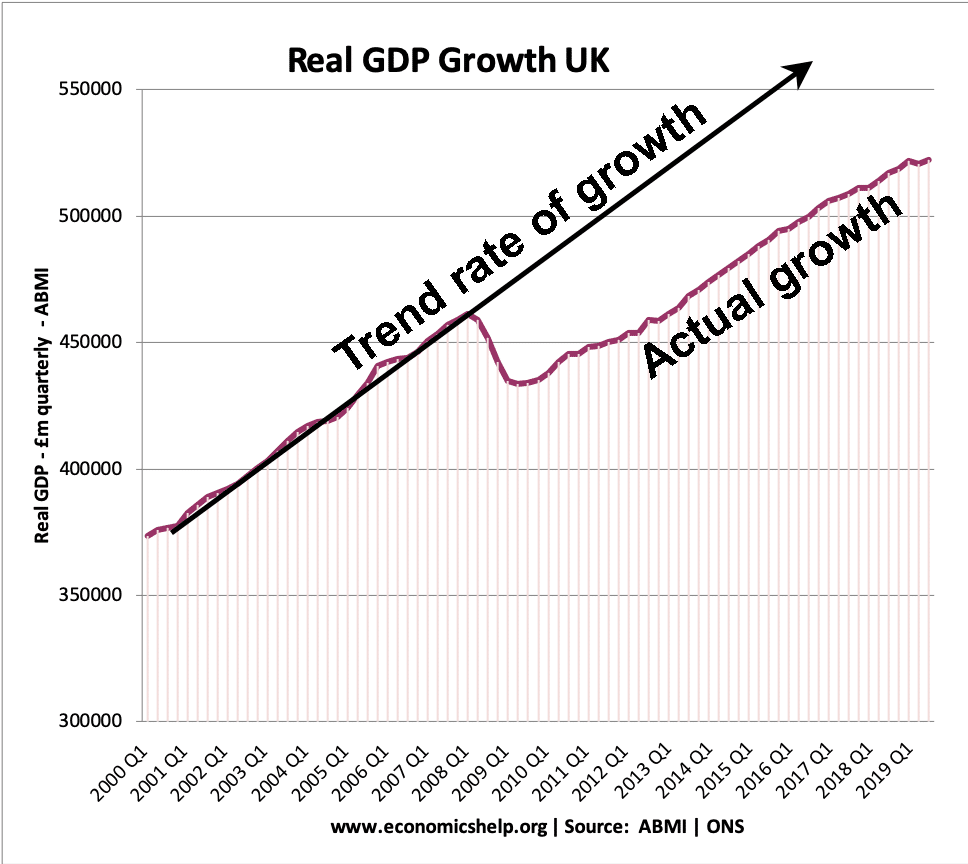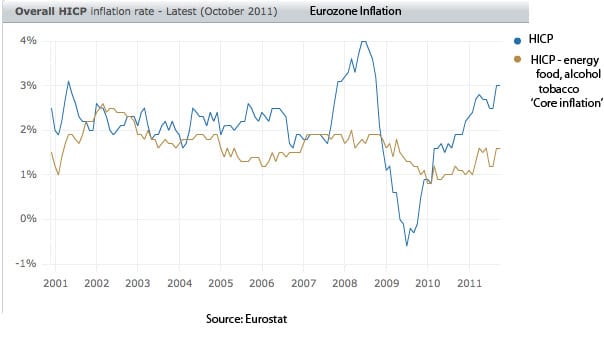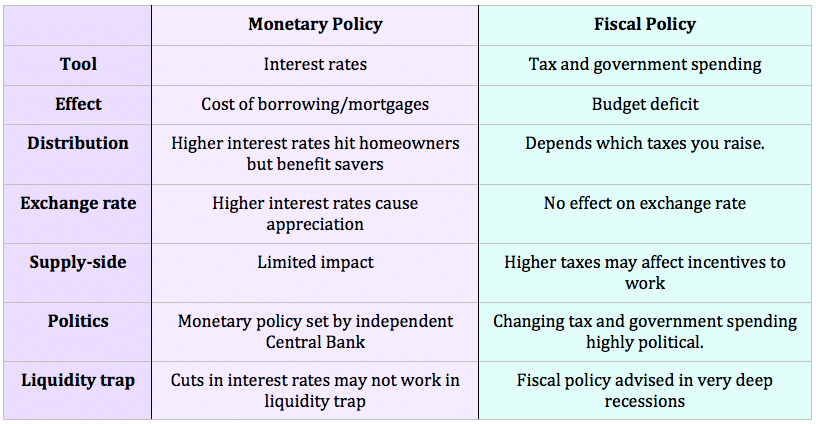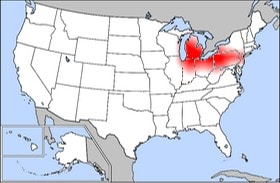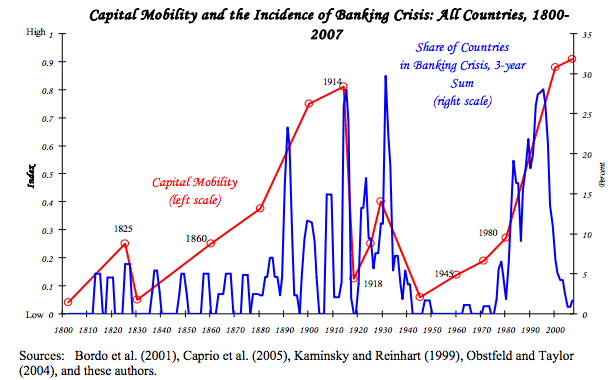Threats to UK economy
Since the credit crisis of 2008, the UK economy has experienced structural weakness of Low economic growth Very poor productivity growth Weak demand Unbalanced economy geared towards consumption and low levels of investment. In addition to these structural weaknesses, the UK economy in 2020 now faces real threats from A hard Brexit Risk of slowdown …

